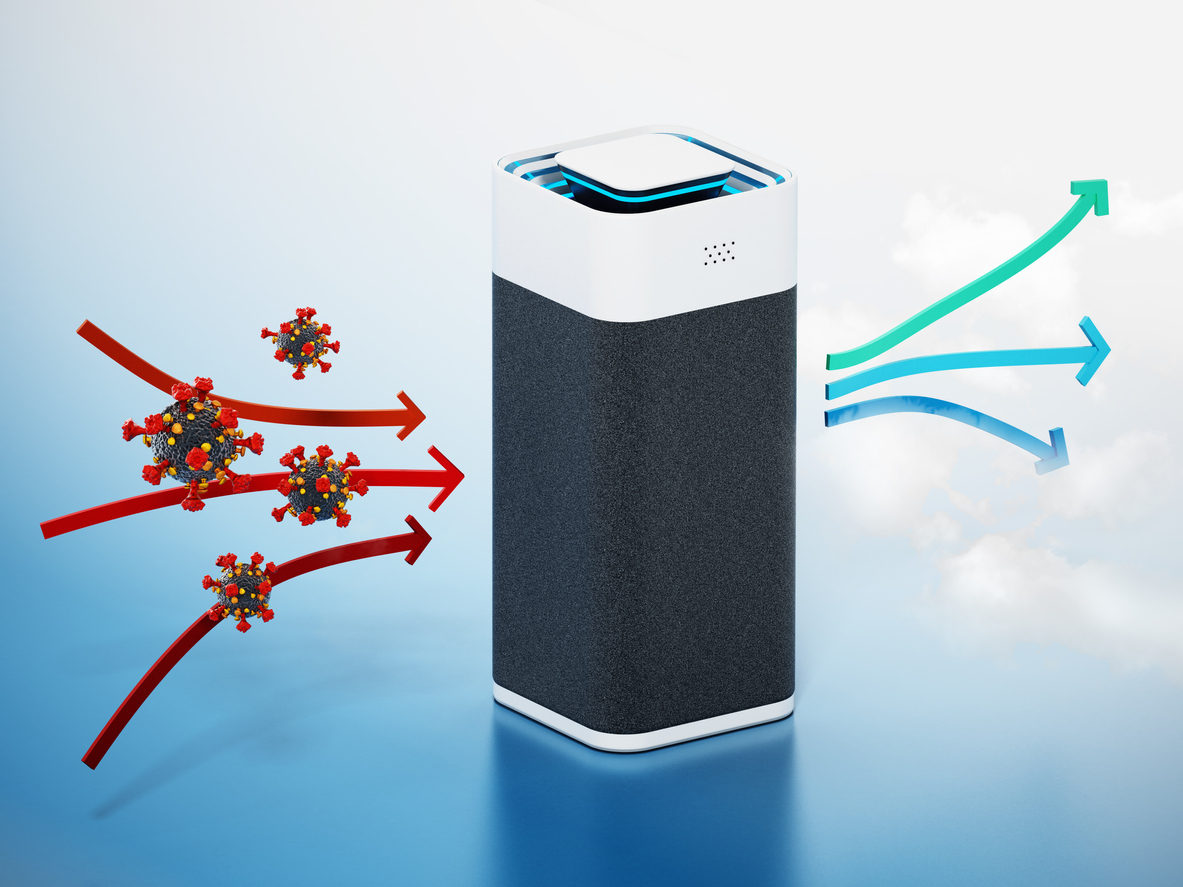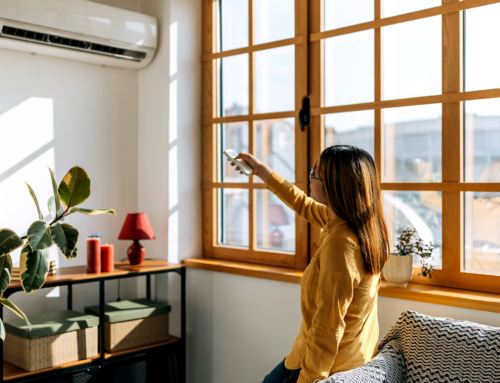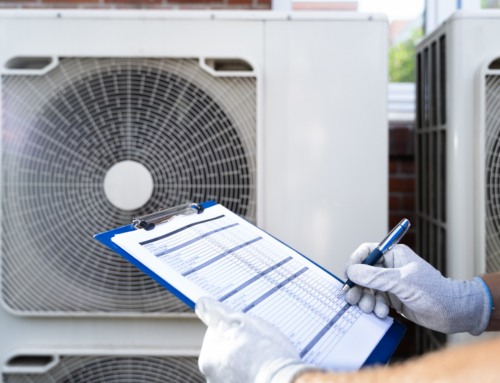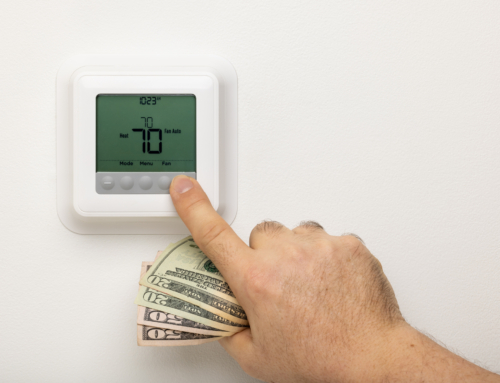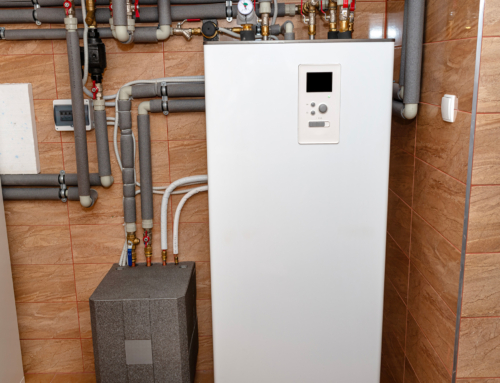There’s been a lot of debate as to whether HVAC systems can lead to the spread of the coronavirus. It all comes down to the spread of respiratory droplets that carry the disease known as COVID-19. If the system recirculates the same air and someone is infected with the disease, the A/C could increase the risk of infection, not minimize it. Furthermore, most systems come with air filters that will not protect against the virus.
That’s why many companies are looking to upgrade their systems to get rid of these problems. Hospitals and nursing homes already have the technology in place to deal with these issues. We could see these trends spill over into the corporate world in the coming months as well.
Find out how HVAC technology is changing.
High-Efficiency Particulate Air (HEPA) Filters
Most commercial and residential buildings in the U.S. use a Minimum Efficiency Reporting Value (MERV), which usually receive a rating between five and eight, but this is not enough to stop the spread of the coronavirus.
It’s best to go with High-Efficiency Particulate Air (HEPA) filters instead. They are especially designed to filter smaller particles out of the air, including those that can lead to COVID-19. HEPA filters get a rating between 17 and 20, making them much more powerful.
Personalized Pressurization Dynamics
Hospitals go to great lengths to make sure patients in quarantine stay in isolation. They need to keep the air inside the patient’s room, so they don’t expose other people in the building. That’s why these facilities will adjust the pressurization dynamics in the room to stop the flow of air around infectious patients. These rooms have negative air pressure, so they don’t use the same air as the other surrounding rooms. Providers control the settings for each room based on the patient’s condition.
Air Purification Products
Medical buildings have been using air purification products to limit the exposure of the virus. Many schools and public buildings have been utilizing these products to purify the indoor air.
Certain purifiers are actually proven to kill the virus within the air. The most commonly used air purification products are small electronic devices that can be installed right into the ductwork.
Every business manager will have to find their own ways of keeping their workers and customers safe. There is no one-size-fits-all solution at the moment, but research is being done in all kinds of indoor settings. If you’re looking for a better way to limit the spread, contact the professionals at A-1 Guaranteed to learn more about these trends and how they can help you get back to business.

